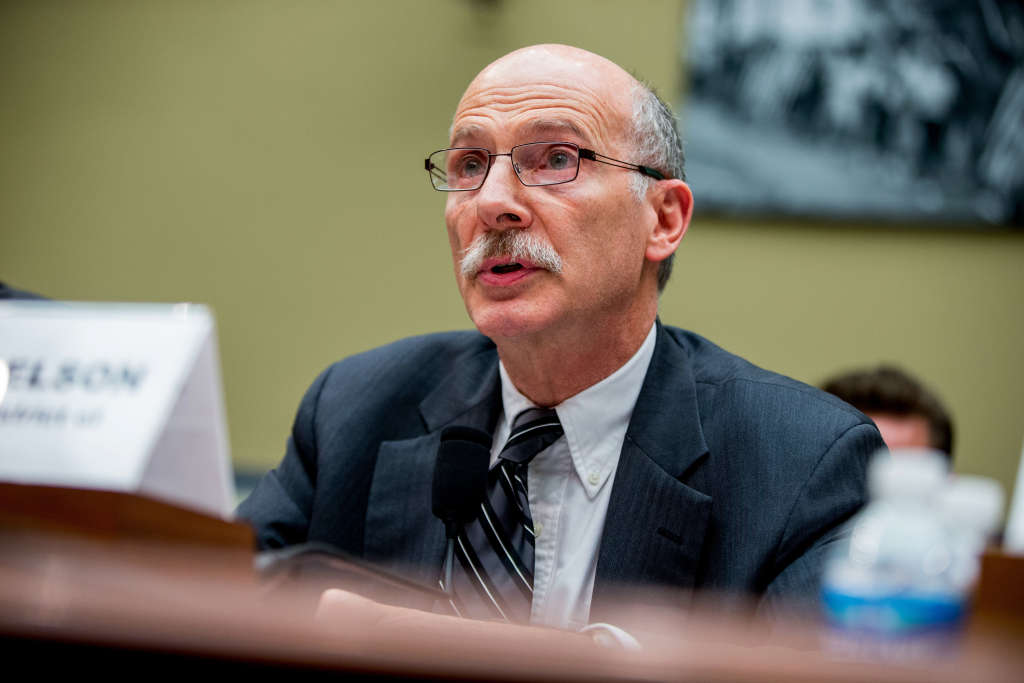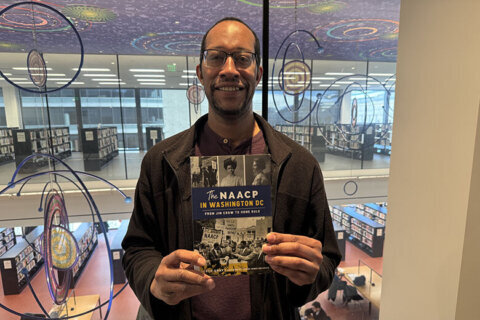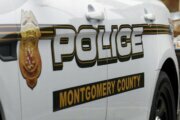
After an hour of discussion Tuesday, the D.C. Council unanimously approved a limited expansion to virtual learning as part of an emergency bill addressing parents’ concerns about in-person learning.
Before the passage of the “Protecting Our Children Emergency Amendment Act of 2021,” just a few hundred were allowed to take part in virtual learning. Now, 350 more spots will open up in D.C. Public Schools’ virtual academy.
Those spots, in particular, are intended for students with high-risk medical conditions or students who live with people with high-risk medical conditions – and who have received a recommendation from a medical professional.
The lack of a virtual option was repeatedly brought up during an emotional roundtable on school reopening late last month. Under original city guidelines, only students whose doctor said they had a condition that required them to participate remotely were eligible to do so.
The bill also loosens attendance policies and calls for more testing.
Tuesday’s vote came after a clash between the council and Mayor Muriel Bowser. The council heard hours of testimony from frustrated parents and educators in the last two weeks, learning of challenges related to testing, building maintenance, lack of communication and unclear quarantine guidelines, among other things.
Meanwhile, Bowser sent a letter to Council Chairman Phil Mendelson on Sunday, urging the council to reconsider the legislation.
Now that it has passed, education agencies are required to follow the law’s guidelines. The council has also introduced legislation that would require all eligible students to receive the coronavirus vaccine.
Mendelson led the reopening roundtable, and on Tuesday, he said that the virtual learning expansion in the measure amounts to a group far smaller than what council members wanted to see.
“We would go further with regard to relaxing restrictions on virtual learning,” Mendelson said. “We cannot go further because the executive [Mayor Muriel Bowser] insists that anything more would have a fiscal cost, which is not funded – and they’re not willing to fund it.”
In a statement, Paul Kihn, the city’s deputy mayor for education, said: “We are deeply concerned the Council would enact any legislation that would do anything to disrupt the vital in-person learning that is taking place in our schools right now, without following the science and advice from our public health leaders. While the legislation raises many unanswered questions, our priority will remain ensuring every family in our city has access to a safe, high-quality in-person learning experience.”
The measure also mandates that asymptomatic COVID testing in each school be increased to 10% of in-person students, then to 15% beginning Nov. 1, then to 20% from Nov. 15 to Jan. 15.
In addition, it addresses the issue of unexcused absences – which can trigger an alert to child protective services. Under the measure, an absence will now be excused if they or someone in their household is a close contact of someone who tested positive for COVID-19.
The bill was passed with an attached amendment from At-Large Council member Elissa Silverman, which called for classroom-level notification — as opposed to school-level notification.
Mendelson had reservations about the amendment, saying it “jeopardizes anonymity” and could lead to stigmatization.
Ward 6 Council member Charles Allen disagreed, after putting on his “parent hat.”
“It’s nice to know that maybe there’s a positive test somewhere in my school,” he said. “That’s a few 100 people. It doesn’t do me all that much good, though. Was it on the third floor? Was it on the first floor? Was it on their side of the building? I don’t know.”
“As a parent, I want to know if it’s in the classroom.”
As for the threat of stigma, Allen said: “I hate to break it to people, but COVID is not going away. It is here forever.”
In her letter, the mayor, who has advocated for in-person learning, claimed the legislation would amount to an on-demand virtual option, and said changing the absence policy would conflict with guidance from D.C. Health, the Centers for Disease Control and Prevention and the American Academy of Pediatrics.
At-large Council member Christina Henderson said such opposition from Bowser forced the council’s hand.
“I can’t tell you how many times we’ve heard, ‘well, the CDC guidance says …,’” she said.
“Well, sometimes the CDC guidance just needs to be the floor as opposed to the gold-standard exception.”
Kihn, the deputy mayor, said in a statement the city continues to “adjust and adapt our health and safety protocols as needed.”
Earlier on Tuesday, the council passed a COVID-19 vaccine mandate for all members and staffers, in alignment with a mandate that Bowser announced back in August.
The sole “no” vote on the bill was Ward 8 Council member Trayon White, who said he himself has been vaccinated.
“We should not be using our power to mandate what people put inside their bodies,” he said, adding that there should be “more time, more discussion, more dialogue.”
- Sign up for WTOP alerts
- Sign up for WTOP’s coronavirus email newsletter
- Latest coronavirus test results in DC, Maryland and Virginia
- Latest COVID-19 vaccination numbers in DC, Maryland and Virginia
Looking for more information? D.C., Maryland and Virginia are each releasing more data every day. Visit their official sites here: Virginia | Maryland | D.C.








